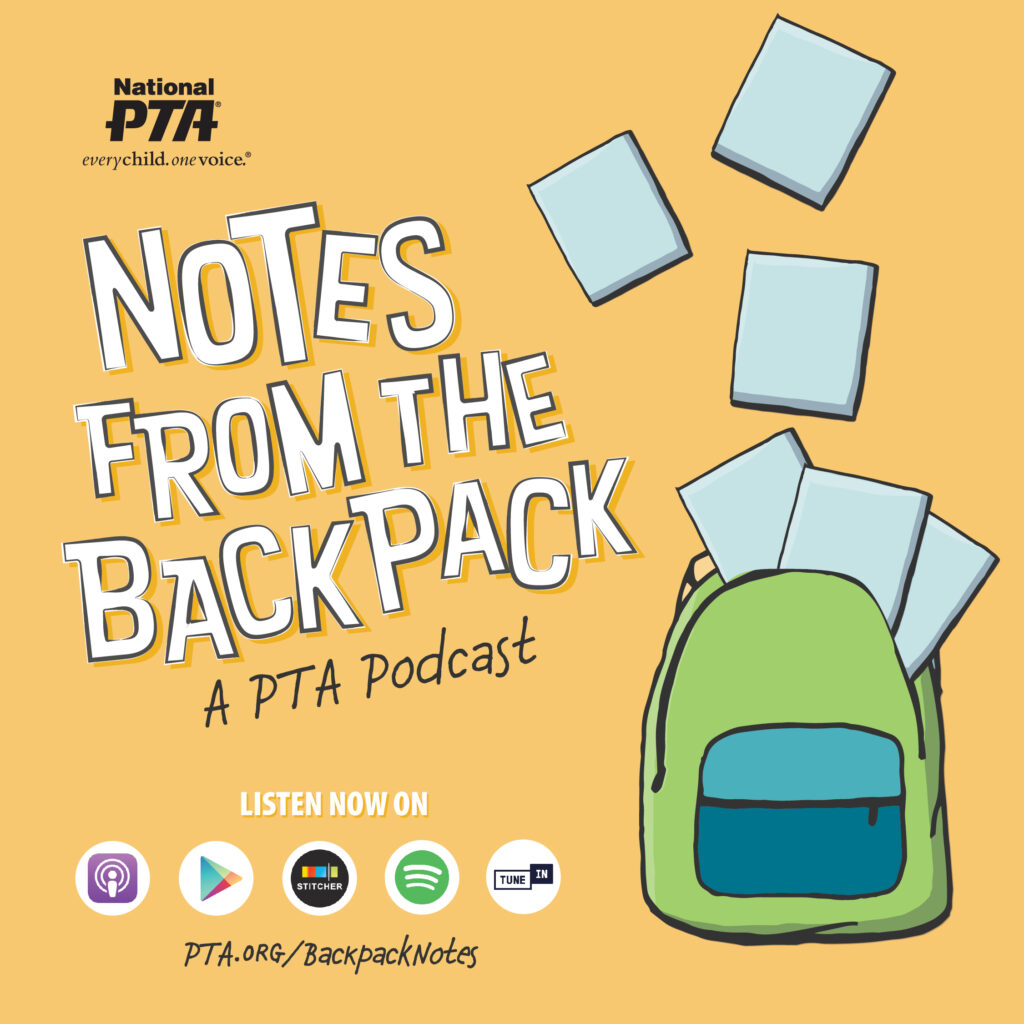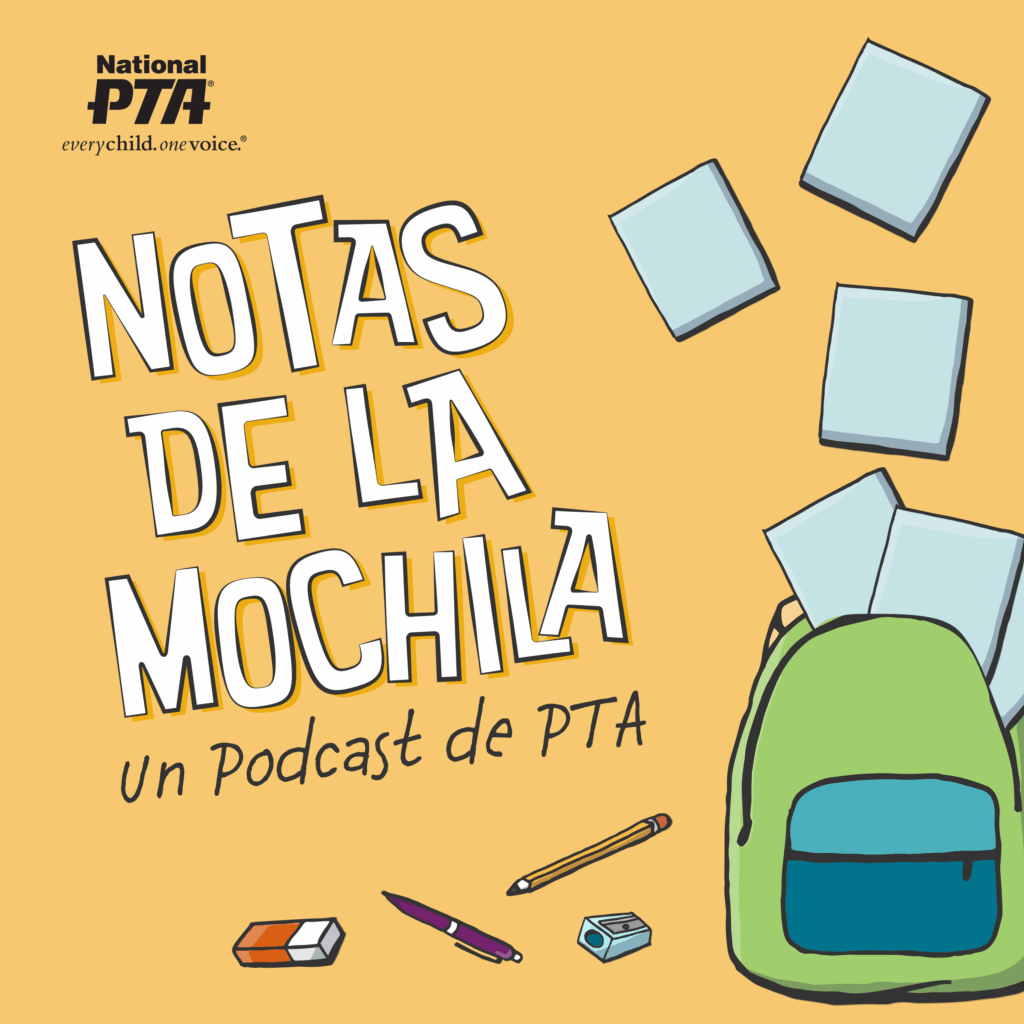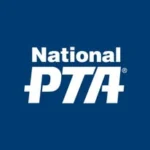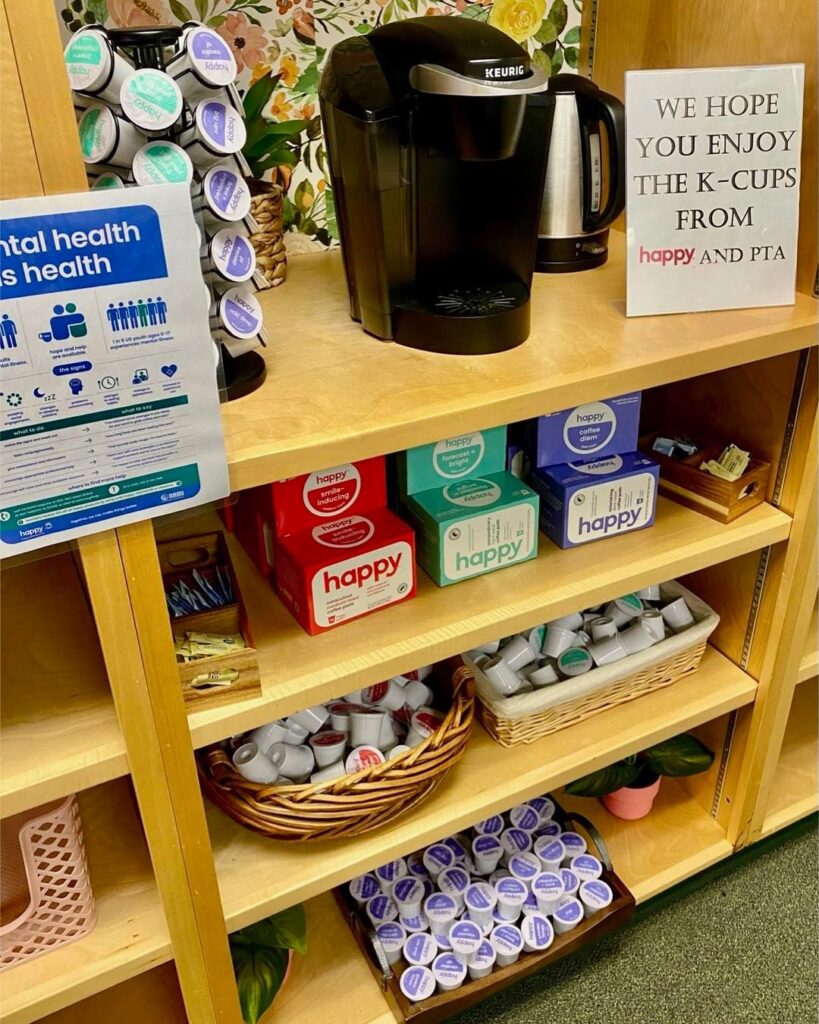Change Batteries, Save Lives
With spring in full swing this weekend, we want to make sure that you are fully prepared to move forward. And no, this is not a friendly reminder to change your clocks ahead one hour (hopefully, you’ve done that by now)! The official start of spring is a great time to make sure your household is equipped with new batteries in your smoke and carbon monoxide (CO) alarms. According to the National Fire Protection Association (NFPA), approximately three out of five fire deaths occur in homes with no smoke alarms or homes without working smoke alarms. Make sure that you are equipped with working alarms and practice safety habits like purchasing (and installing!) new batteries every year.
Hoverboards on Notice
Parents, you may need to think twice about giving a hoverboard to your child. Although these trendy electric “two-wheeled scooters” are a must-have for celebrities and teens, these tech gadgets have been reported to catch on fire without warning, and even explode. Over the past months, the U.S. Consumer Product Safety Commission (CPSC) received reports of 52 hoverboard fires resulting in $2 million in damage in 24 states. In a recent statement, the CPSC wrote a letter to manufacturers and retailers urging them to ensure the scooters comply with safety standards. For more info on this notice, visit CPSC.gov.
Spring Contact Lens Tips for Kids
Now that the weather is getting warmer, you may notice that your eyes and contacts will need a little more care than usual. Contact lens wearers are younger on average than non-contact lens wearers, so it’s a safe bet that you probably have active kids that are gearing up for spring sports like soccer or swimming, and may suffer from allergies. Be to talk to your child’s eye doctor about daily disposable contact lenses and avoid wearing contact lenses when you are swimming in lakes or public pools to reduce your risk for infection. For more info about what your child needs to know about contact lenses, visit FDA.gov.
High School Diploma Scams
Is your child or someone you know thinking about getting a high school diploma? Many states have different options for getting your high school diploma, including new tests and programs. But scammers are setting up fake diploma websites to trick you into paying for their “diplomas,” which turn out to be worthless. Pay attention to the following red flags you may come across:
- You have to pay for a diploma—Some high school equivalency programs charge for the program itself, but you shouldn’t have to pay for a diploma.
- You can get the diploma from home, ASAP—No classes? No in-person test? This is not a legitimate program. Most programs ask you to invest weeks or months of time.
- They claim to be affiliated with the federal government—The federal government does not offer programs for high school diplomas. However, legitimate tests and programs are approved and offered by your state.
See more tips and safety alerts on TheSafetyCouncil.org.

















